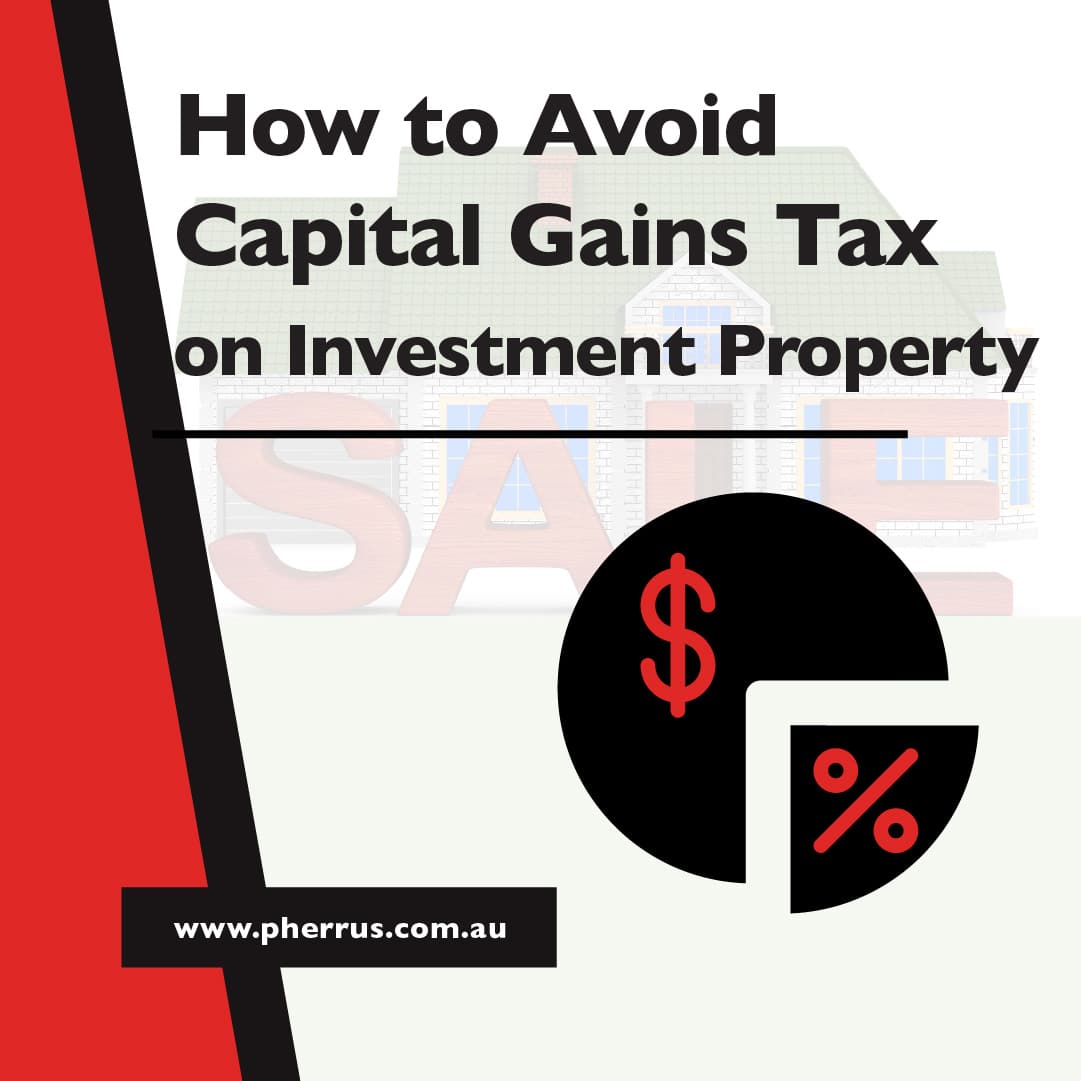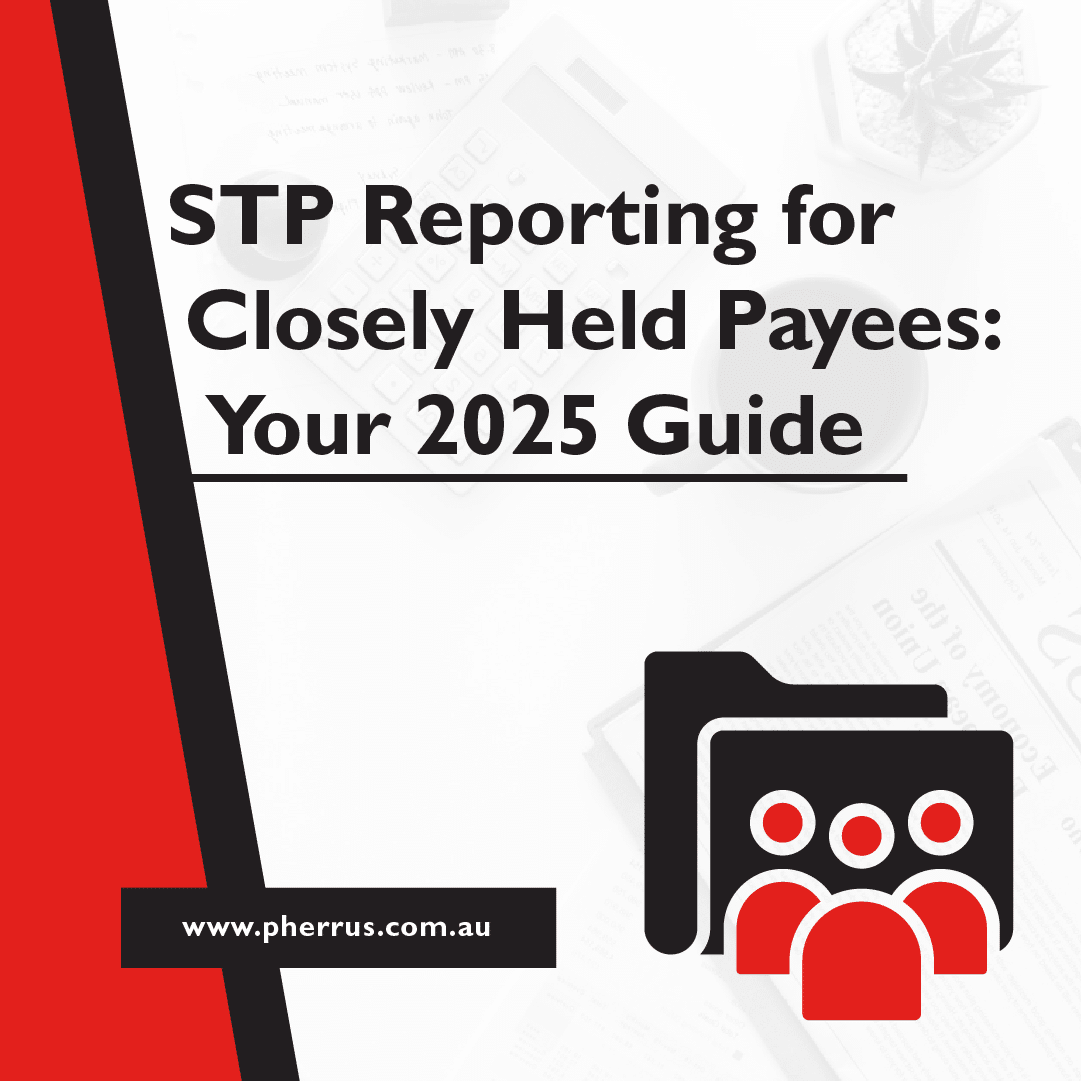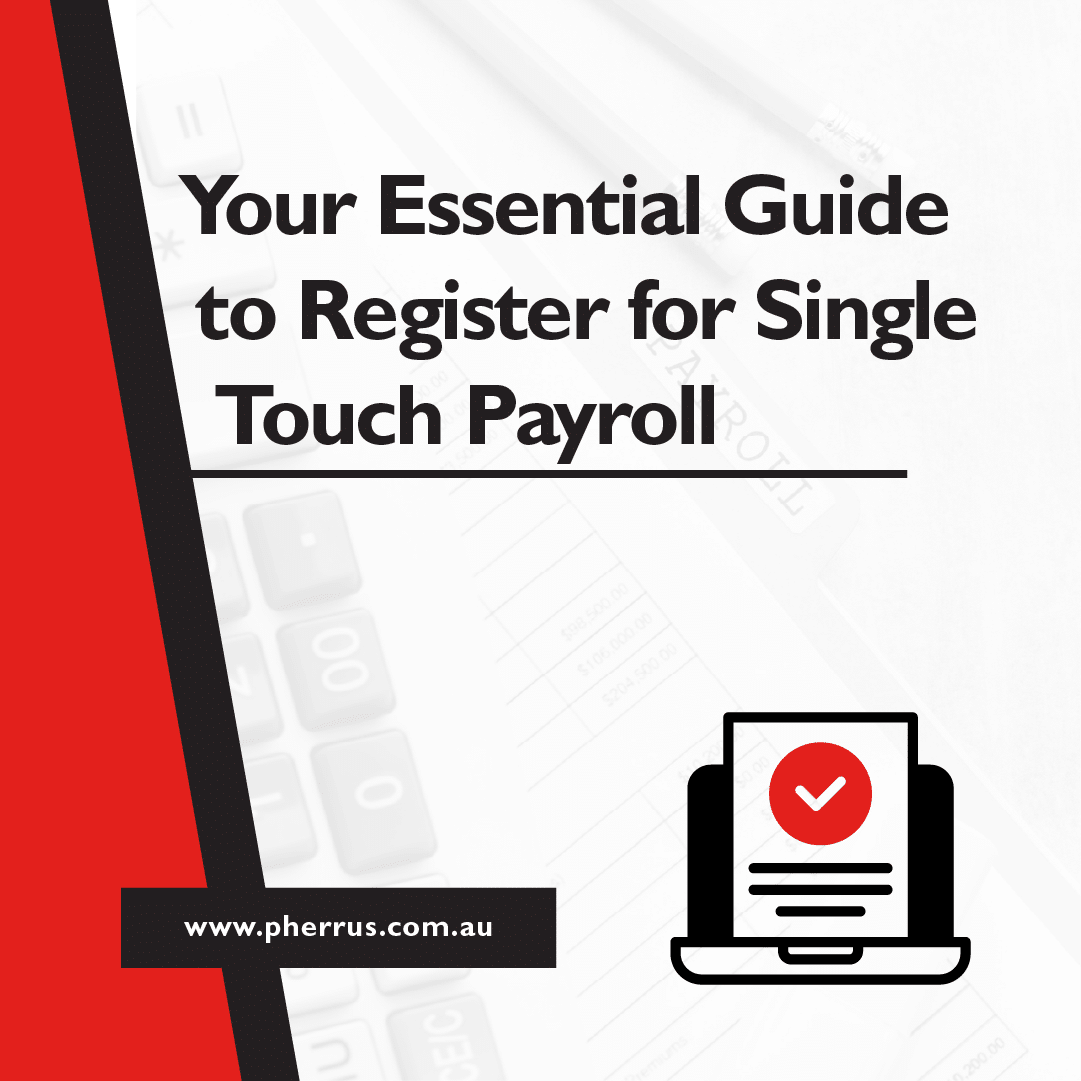Taxes are unavoidable in life, and it’s no secret that when you sell your investment property you’ll be up for capital gains tax (CGT).
You might not be able to avoid paying tax altogether, but can you reduce the amount of tax you pay?
You’ll be pleased to know that yes – there are simple and legal ways you can reduce the capital gains tax you’ll be up for when you sell, leaving you in an overall better position as a result.
In this article, we explore how to avoid capital gains tax on investment property in Australia, or the closest legal alternative.
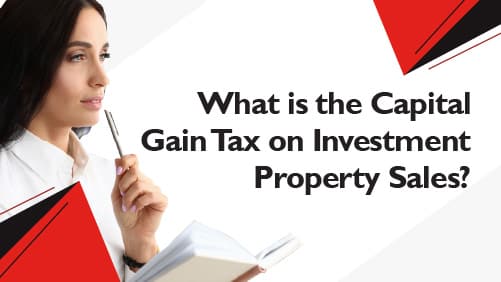
What is the Capital Gain Tax on Investment Property Sales?
Selling or ceasing to own an investment or asset incurs a capital gain or loss.
This is the difference between what it costs you to acquire and improve the property, and the amount you make when you sell.
Capital gains tax usually applies if you make a net capital gain within an income year.
Your net capital gain is determined by subtracting any capital losses and any discounts from your total capital gains.
Capital gains tax is applied to selling capital assets such as stocks, mutual funds or real estate.
You won’t be liable to pay any capital gains tax on your investment property until you sell it, and the amount you’ll need to pay partly depends on whether you made a short-term or long-term capital gain on your investment.
If you have owned an investment property for 12 months or more, you will be eligible for a CGT discount of 50%.
This means you’ll only pay tax on half of your net capital gain on your property. Some assets do not attract capital gains tax, such as your primary residence.

What are Some Ways I Can Reduce my Capital Gains Tax on Investment Property Sales?
If you’re liable to pay CGT on the sale of your investment property, you’ll be pleased to know there are ways you can reduce the amount you’ll pay.
These include:
The Date of Purchase
If you bought or acquired your investment property before 20 September 1985, you will not need to pay capital gains tax when it comes time to sell.
You also won’t need to pay tax on any profits, and you won’t be able to reduce your assessable income with any losses.
Primary Place of Residence (PPOR)
If you and your family have lived in a property since you bought it, if it’s not been used to generate income, and if it sits on land measuring two hectares or less, you’ll likely be fully exempt from CGT.
Even if you move yourself and your belongings, and change your address on the electoral roll, your former property can still maintain this status as long as it’s not used to generate income.
Temporary Absence Rule
If you rent out a property you no longer live in, you’ll be able to continue treating it as your main place of residence for up to six years, but you will only receive a partial exemption from CGT.
During this period, you cannot treat any other property as your main residence, except for brief periods if you’re moving to a new home.
Have the Property Newly Assessed
As capital gain is calculated from the difference between your final sale price and the property value at the time your property was rented, organising a valuation before you rent out your property can give you a new cost base from which you can derive any future capital gains.
Take Advantage of the 6-Year Rule
Renting out your property for six years or less can leave you fully exempt from CGT, as long as you don’t treat another property as your main place of residence.
These six years don’t need to be consecutive.
SMSF Home Loan
If you bought your investment property through a self-managed super fund home loan at least 12 months ago, you’ll be entitled to generous tax benefits.
These include further discounts of a third if your sale occurs during the accumulation phase, and if you sell during the pension phase you won’t be liable for any CGT.
Increase your Cost Base
A property’s cost base is the cost of its acquisition, holding and disposal.
This amount is subtracted from the property’s selling price to calculate your capital gain.
You can increase your cost base by including stamp duty, conveyancing fees, loan application fees and the cost of renovations.
It’s important that you record all property-related expenses to help you in your calculations.
Wait until the Property has been Owned for a Year
Holding onto a property for longer than 12 months will reduce your CGT by discount or indexation. We have already explored the 50% discount applied to such properties.
Indexation is somewhat more complex and only applies if you acquired property before 21 September 1999.
Through indexation, you can convert your property’s original cost into today’s value.
Sell during a Year when Your Income Declines
If you know you’ll have a lower income in the next financial year, hold off on your sale until then to lower your marginal tax and your CGT.
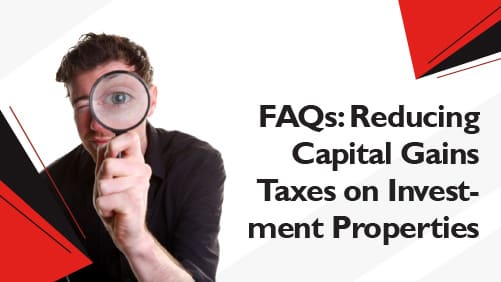
FAQs: Reducing Capital Gains Taxes on Investment Properties
Have questions about reducing Capital Gains Taxes on investment properties? Pherrus Financial Services has the answers.
How long do you have to live in a house to avoid capital gains tax in Australia?
To avoid CGT, you’ll need to live in a property for twelve months for it to be counted as your main residence before you can move out and use it as an investment property.
Can I invest in another property to avoid capital gains?
No.
There is no system by which you can defer CGT by rolling it over to another investment.
Do retirees pay capital gains tax in Australia?
Yes.
Unless a retiree qualifies for an exemption, they will still need to pay CGT.
Who is exempt from paying capital gains tax?
When looking at how to avoid capital gains tax on rental property or property you own, it is wise to look at tax exemptions.
You’re exempt from CGT on an investment property if:
- You acquired your home before 20 September 1985
- Your property is your main residence
- You have an eligible granny flat arrangement
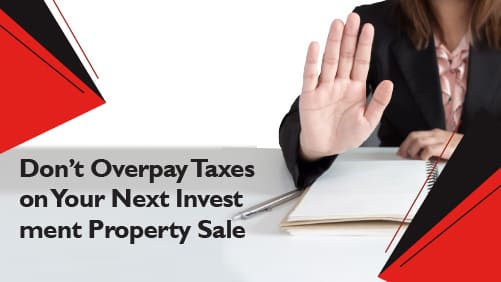
Don’t Overpay Taxes on Your Next Investment Property Sale
We can’t avoid taxes, but we can reduce them!
There are some relatively simple – and legal – ways that you can reduce the amount you’ll pay in capital gains tax when it comes time to sell your property.
And when you’re trying to find out how to avoid capital gain tax on property, there’s no one better to have by your side than Pherrus Financial Services.
With the help of our multi-disciplinary team of tax specialists, we’ll work to get you the best CGT outcome possible.
Call us today.


